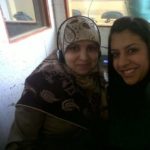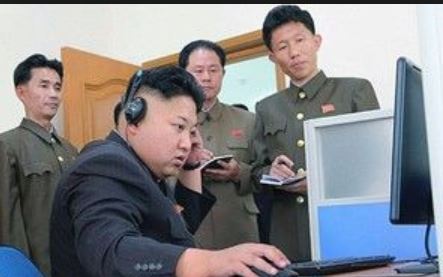The Covid-19 pandemic in Lebanon is a crisis within a crisis. It occurred amidst a broader socio-economic meltdown that has shaken the country in recent months. This has affected all sectors, including the translation industry. Although the translation sector was already not in its prime, it was doing quite well compared to other industries during this sensitive period in Lebanon. I would also be remiss if I did not mention that translation services do not necessarily relate to any specific location, and therefore it has remained an active sector even during the worse of times. Freelance translators have, for the most part, kept busy.
Additionally, the translation sector in Lebanon depends heavily on foreign companies, such as foreign subtitling firms. This has traditionally provided good income for Lebanese translation companies and freelance translators. Some of the bigger translation companies in Lebanon include Racti Studios and SDI Media-Lebanon.
Lebanon is a country that consists of various sects and political factions. As a result, everything is controlled by the daily or monthly political changes and news cycles. This was especially true following the 17 October revolution, when people revolted against the bad economic state that the existing political parties caused. Many suicides occurred during this dark period for Lebanon, but that didn’t change anything.
The Port explosion is the latest human tragedy and crisis that has increased the suffering for the Lebanese people even more. More than 250 deaths and 7000 injuries, and a lot of physical, moral and psychological damage. As a natural result, the translation sector has been affected. Especially since the port area is a vital one, where many translation companies headquarters or branch offices are located. The good news is that, as previously mentioned, most Lebanese translation companies depend on freelancers and foreign subtitling jobs. So it is still active, although to a much lesser extent than the in the period prior to the port disaster.
Government offices have shut down, resulting in loss of income for translation companies
As I am a sworn translator and freelance translator, I work with many foreign companies. So my job as a freelancer is mostly unaffected by the current situation. The only exception to this are my jobs was my task as a legal translator-these assignments have been completely shut down since all governmental institutes are now closed because of the crisis.
The Languages of Lebanon
Lebanon is surrounded by several Arab countries including Iraq, Syria and Palestine. The official language in all of these countries is Arabic. But there are differences in dialect.
As a country that was once a colony of France, the Lebanese dialect is influenced by western languages. So we use many French and English words while speaking with each other. Unlike the Syrian dialect which is based more closely on the Egyptian Arabic dialect. As a result, the Syrian education system puts much more emphasis on the Arabic language. The Lebanese educational system is based around the study of French and English even more than Arabic.
Regarding the Iraqi dialect, it shares much more with the language used in Syria than that of Lebanon. They even use different words to express what we mean, and we may not understand even some words when they speak quickly. For instance, in Lebanon and Syria we may express the word alley as zokak or zaroba, while in Iraqi they say zanka.
In the translation industry, we use standard Arabic in our translation unless using the Lebanese (or other region-specific) dialect is specified.
Click here to find out more about English Arabic translation services.
About the Author

Hiba Bojaijy is a sworn translator who resides and works in Beirut.





